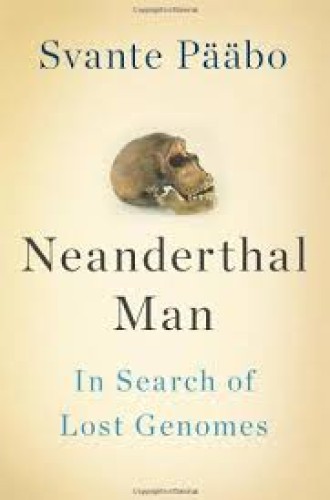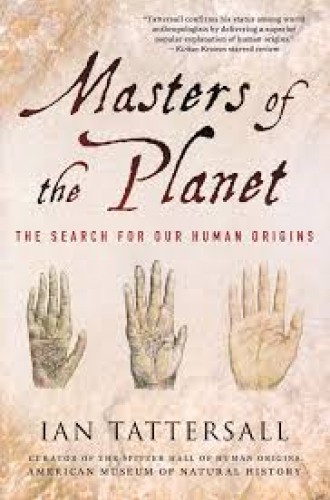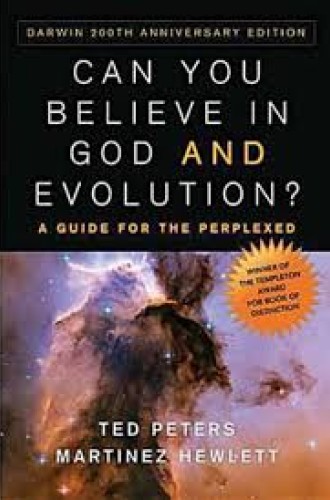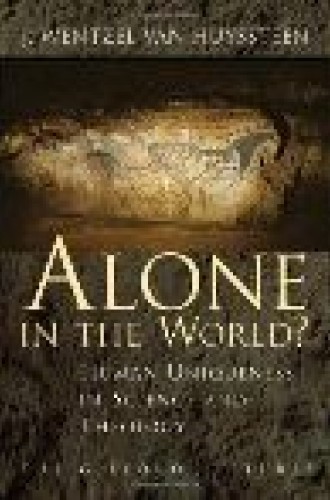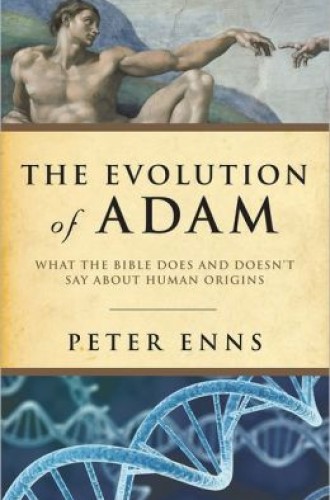Evolution and human origins
Neanderthal Man: In Search of Lost Genomes, by Svante Pääbo. The world’s foremost expert on recovering ancient DNA tells the inside story of what it took to reconstruct the Neanderthal genome. In 2010, his team used samples of bone fragments to revolutionize thinking about Neanderthals and to reveal the existence of a previously unknown form of humanity, the Denisovans. Comparing these ancient genomes with today’s humans confirmed that living humans are the result of interbreeding and that most of us carry a small amount of Neanderthal DNA.
Masters of the Planet: The Search for Our Human Origins, by Ian Tattersall. Tattersall recounts what happened after our human lineage diverged some 6 to 7 million years ago from the line that led to the chimpanzees. He reviews new research and places the story of our prehuman ancestors in context, describing how walking upright and advances in stone tools led in time to the emergence of modern humans. Tattersall notes the new evidence for interbreeding but argues that modern humans are a unique and extraordinary species.
Can You Believe in God and Evolution? A Guide for the Perplexed, by Ted Peters and Martinez. A theologian and a scientist have coauthored this highly readable discussion of how Christians should engage the field of evolutionary biology. Writing just before the latest discoveries on human origins, Peters and Hewlett focus less on human emergence and more on general questions of evolution and creation. The authors discuss intelligent design thoughtfully, countering with their own vision of theistic evolution as the best way to interpret scripture in light of science.
Alone in the World? Human Uniqueness in Science and Theology, by J. Wentzel van Huyssteen. Richly illustrated with reproductions of Paleolithic cave art, van Huyssteen’s classic book argues that humans are evolved animals who are nonetheless uniquely creative. He focuses attention on the flowering of cave art more than 25,000 years ago, suggesting that it provides tangible evidence of the unique cultural transcendence that sets humans apart among creatures. For van Huyssteen, science discerns what makes us unique while theology confesses this as the divine image.
The Evolution of Adam: What the Bible Does and Doesn’t Say about Human Origins, by Peter Enns. Do scientific perspectives on evolution and human origins necessarily conflict with Christian faith and with a faithful reading of scripture? Enns reviews texts about Adam and Eve and argues that even with a conservative reading of the Bible, Christians can embrace scientific insights and interpret them as part of a larger theological framework that affirms our universal human need for redemption. For Enns, scripture and science do not necessarily conflict, even on the most basic issues of human evolution.


